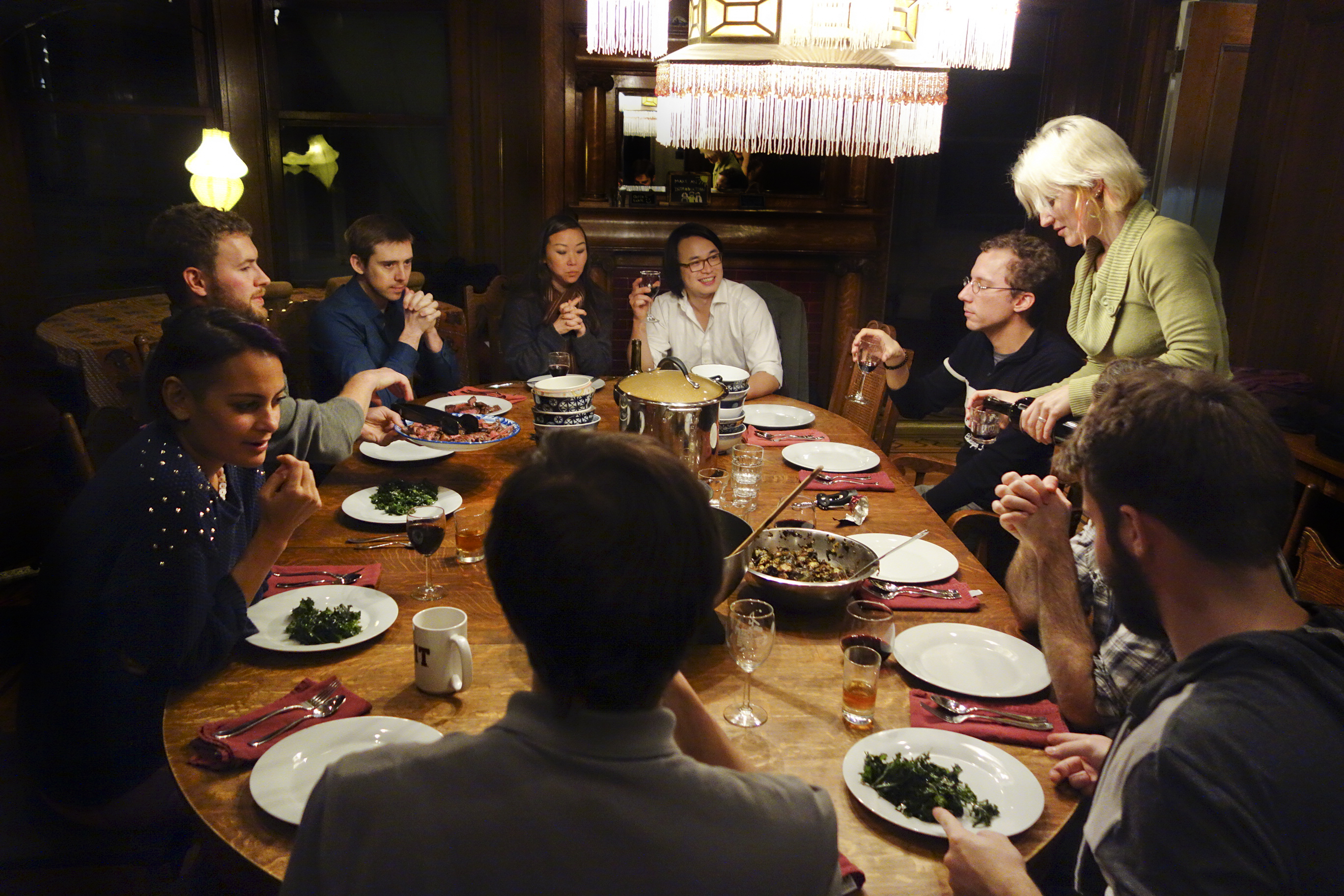Lesson 19: Summary
Perhaps it is time to wind up this little experiment. Five months ago, I set out to discern some marks of a gospel community. At the time, I was not sure where I was going. People kept telling me the church had changed drastically since I retired twenty years ago. Many were no longer worshipping, […]











 Frontline Study is an online discussion of the scriptures, inviting you to share your comments and your reflections on each weekly topic. Simply click on the "Add Reply" text at the top of each post to see what others have posted and to add your thoughts.
Frontline Study is an online discussion of the scriptures, inviting you to share your comments and your reflections on each weekly topic. Simply click on the "Add Reply" text at the top of each post to see what others have posted and to add your thoughts.
Recent Comments